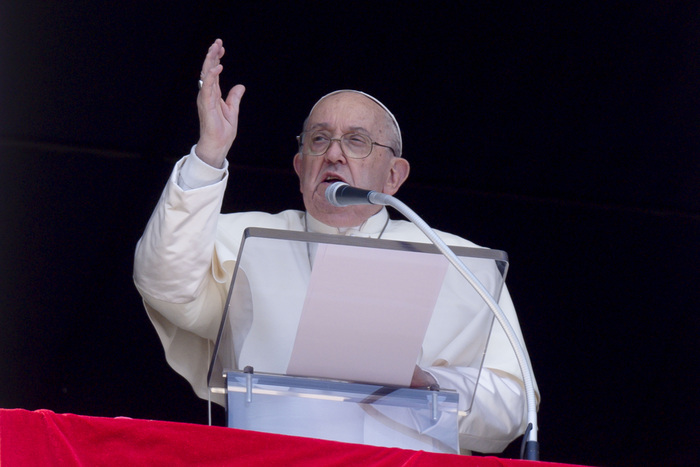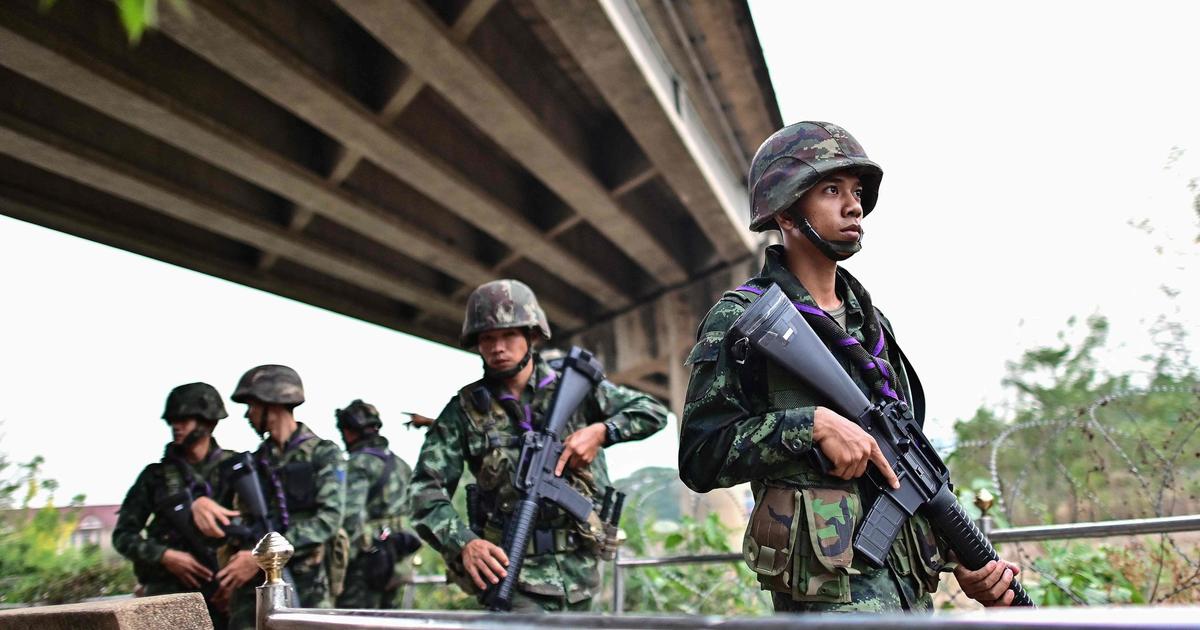Submerged in several civil wars with guerrillas formed by ethnic minorities for decades, the possibilities of a major conflict increase in Myanmar in the face of the spiral of violence and anarchy generated after the coup d'état last February.
With more than 500 killed by police and military attacks on protesters calling for the return of democracy, and thousands of Burmese fleeing to countries such as Thailand and India, the country faces an impossible crossroads: or stand up. to the Tatmadaw - the Burmese Army - or surrender to the coup plotters.
The last option has been ruled out by some of the most powerful guerrillas in former Burma who, in talks with the underground civil government, agree to unite and form a federal Army that apart from the power of the Armed Forces of the coup general , Min Aung Hlaing.
"If (the international community) does not act, of course a large-scale civil war and days and weeks of bloodshed are inevitable," says Dr. Sasa, spokesman for the Committee for the Representation of the Parliamentary Union (CRPH, for its acronym in English), the self-proclaimed Burmese civil government, which operates underground.
"Constitute a federal army becomes a duty and is the way to achieve democracy and freedom," added in statements to Reuters the doctor, who was to be part of the new government of Aung San Suu Kyi, whose party, the League National for Democracy (NLD), won an election in November that the military called fraudulent, its pretext for the coup.
Dr. Sasa, as he presents himself, has gone from dedicating himself to medicine in a rural area of western Myanmar to becoming one of the strongest voices against the military regime.
His message is clear: recover the old idea of creating a federal Army that represents all minorities, unlike the Tatmadaw, almost exclusively Bamar, Myanmar's majority ethnic group (which recognizes up to 135), to replace it.
To achieve this, it first needs the support of ethnic guerrillas fighting for more autonomy since the country's independence from the United Kingdom in 1948, including those made up of the Shan, Kachin, Chin and Karen minorities.
Military chiefs of the US and 11 other countries criticize the repression in Myanmar
Over 110 dead in Myanmar protests after military threatened to shoot headshot
Protection of civilians
Skilled in the combative strategies of the Tatmadaw, which they have been fighting for decades, many guerrillas have been raising their voices against the coup.
At least 12 armed groups have condemned the illegitimacy of the Junta and have come out on the side of pro-democracy protesters.
The Karen National Union (KNU, for its acronym in English), one of the strongest groups, claims to have responded to requests for help from opponents of the coup by sending its members to protect civilians who for almost two months have been They play life in cities across the country to show their opposition to the Military Junta.
Some villages of this minority, a native of the southeast of the country, along the border with Thailand, were the target of air strikes by the Tatmadaw during the weekend, killing at least three people and forcing thousands to flee to the neighboring country. in retaliation for a previous offensive by Karen rebels at an Army post that killed 10 soldiers.
On Tuesday, three other of the oldest guerrillas, including the Arakan Army - originally from the western state of Rakhine, home to the persecuted Muslim minority Rohingya, victims of a possible genocide by the Tatmadaw - advocated in a joint statement to join. to the "revolution" if the Armed Forces do not stop killing.
Since February 1, at least 512 civilians have been killed by their attacks and those of the police, including dozens of children, according to the Association for Political Prisoners of Myanmar.
Last Saturday became the bloodiest day to date, with 141 deaths, while the Tatmadaw celebrated Armed Forces Day with all the pomp and circumstance in the capital, Naypydó, including a gala banquet presided over by General Min Aung Hlaing.
However, the escalation of violence has not stopped the protests, which continue to fill the streets of Burmese cities and towns.
“The Tatmadaw faces a population that, despite its brutal acts and the murder of innocent civilians, remains united against it.
The Tatmadaw maintains a strong position to quell the protests, but opposition to the Army is growing.
The situation will get worse before it gets better, ”predicts Alistair Cook, an analyst at the Rajaratnam School of International Study.
Common front
It is not easy, in any case, for the insurgents to agree to form a common front, since they have decades of differences between them.
"I don't know how likely they are to do so, but they are partners out of necessity, and circumstances are accelerating talks between them and with the civilian government," says Hunter Marston, a Southeast Asian analyst at the Australian National University.
If the idea of a federal Army were to materialize, "it would pose an existential threat to the Tatmadaw," he adds.
In the streets, the same protesters are beginning to acquire more defensive tactics, with publications that illustrate how groups are moving to areas under guerrilla control to learn their strategies.
"Most of the young people are trying to defend themselves, there is no other option," says Eddie, who has participated from the beginning in the protests in Yangon, the commercial capital of the country.
Although the civil movement has shown fierce resistance and the possibility of a federal Army is not ruled out, Marston believes that the greatest threat to the Tatmadaw - equipped with a powerful arsenal of weapons - would be the emergence of high-profile desertions and divisions within their ranks, as has already happened in the police, with hundreds fled to India.
"That would definitely make Min Aung Hlaing reconsider his options," argues the analyst.

/cloudfront-eu-central-1.images.arcpublishing.com/prisa/J45LEJYKAAWFWPVAHCKLAA6AKM.jpg)

/cloudfront-eu-central-1.images.arcpublishing.com/prisa/7IHS2NB4DJFSVKYXCEUM5DIQGU.jpg)



/cloudfront-eu-central-1.images.arcpublishing.com/prisa/JNAMK37HFIZKML76SWBTDTD3QI.jpg)

/cloudfront-eu-central-1.images.arcpublishing.com/prisa/KEJKPQHVMJAPJONPEDK42JL56U.jpg)





